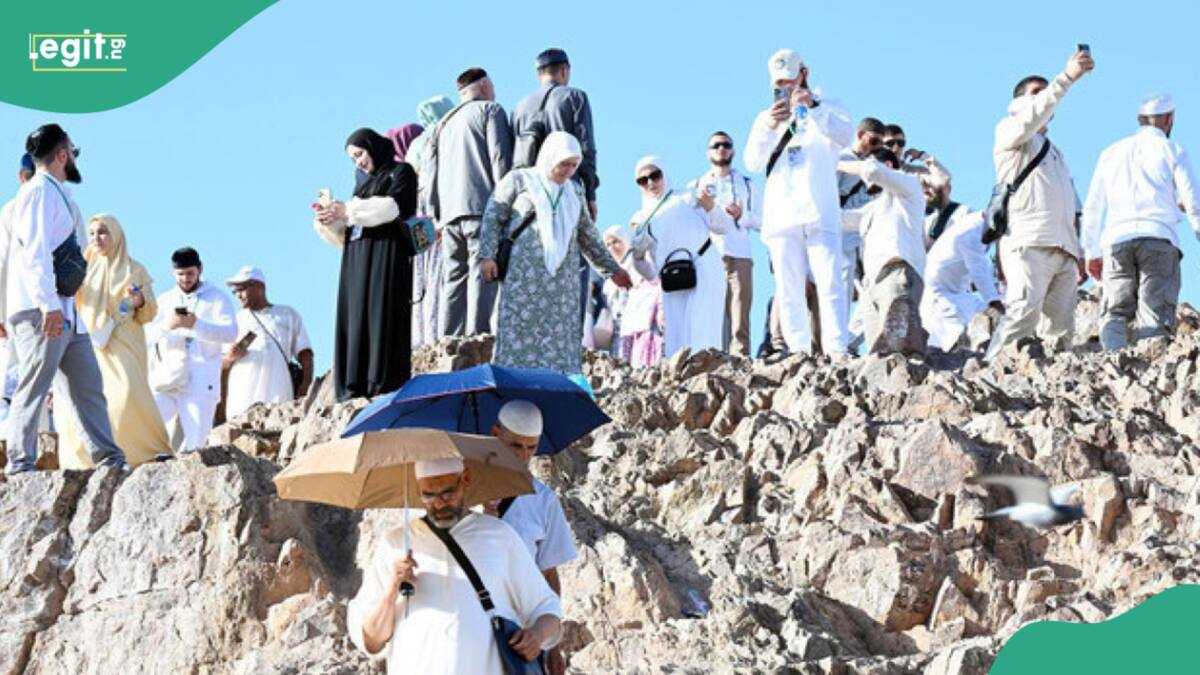Hajj 2025 Live Today: Saudi Arabia Translates Arafat Sermon
The historic translation of the Arafat Sermon is part of Saudi Arabia's efforts to make the Hajj more accessible and inclusive for pilgrims from diverse linguistic backgrounds, with the desert kingdom spending billions of dollars on crowd control and cooling to ensure a safe and successful pilgrimage.

About 2 million Muslims from 180 countries have converged in Mecca, Saudi Arabia for Hajj 2025, with the pilgrimage featuring a historic first: the Arafat Sermon will be translated into 34 languages, including Hausa, Fulani, and Yoruba, in real-time.
The Hajj, one of the five pillars of Islam, began on June 4 and will continue until June 8, with pilgrims immersing themselves in religious rituals and acts of worship that originated over 1,400 years ago. The pilgrimage involves four days of ceremonies, with the high point coming on the second day with mass outdoor prayers on Mount Arafat, where the Prophet Muhammad delivered his last sermon.
Key rituals include walking seven times around the Kaaba, walking seven times between the two hills of Safa and Marwa, and gathering at Mount Arafat for hours of prayers. The last major ritual is the "stoning of the devil" at Mina, where pilgrims throw symbolic seven stones at each of three concrete walls representing Satan. Saudi Arabia has introduced flexible payments and suspended short-term visas for 14 countries to control inbound travel, with the price of a Hajj ranging from $4,000 to $20,000.
The translation project aims to convey Islam's message of tolerance to a global audience and foster better communication between Muslims and non-Muslims. The sermon, delivered by the Grand Imam of the Holy Mosques Sheikh Saleh al Humaid, will be broadcast in languages including Arabic, Urdu, English, French, and many others, and will be available through QR codes and various government media platforms.
As the world watches hajj 2025 live today, the translation of the Arafat Sermon into 34 languages marks a significant milestone in Saudi Arabia's efforts to support pilgrims worldwide and serve the two holy mosques, promoting a message of unity and understanding among Muslims and non-Muslims alike.